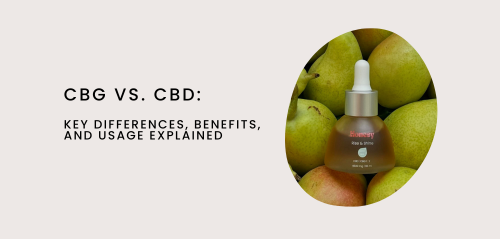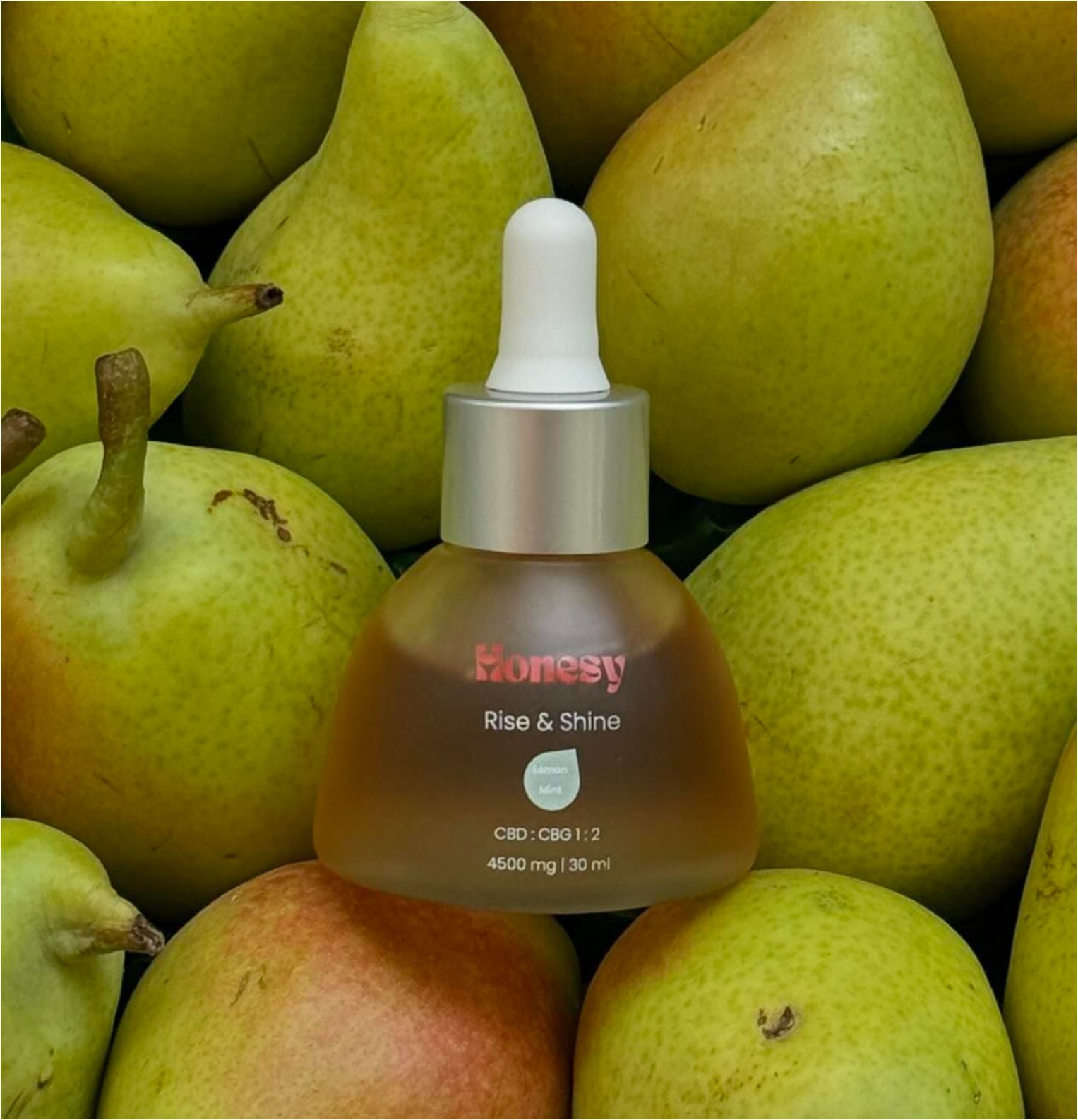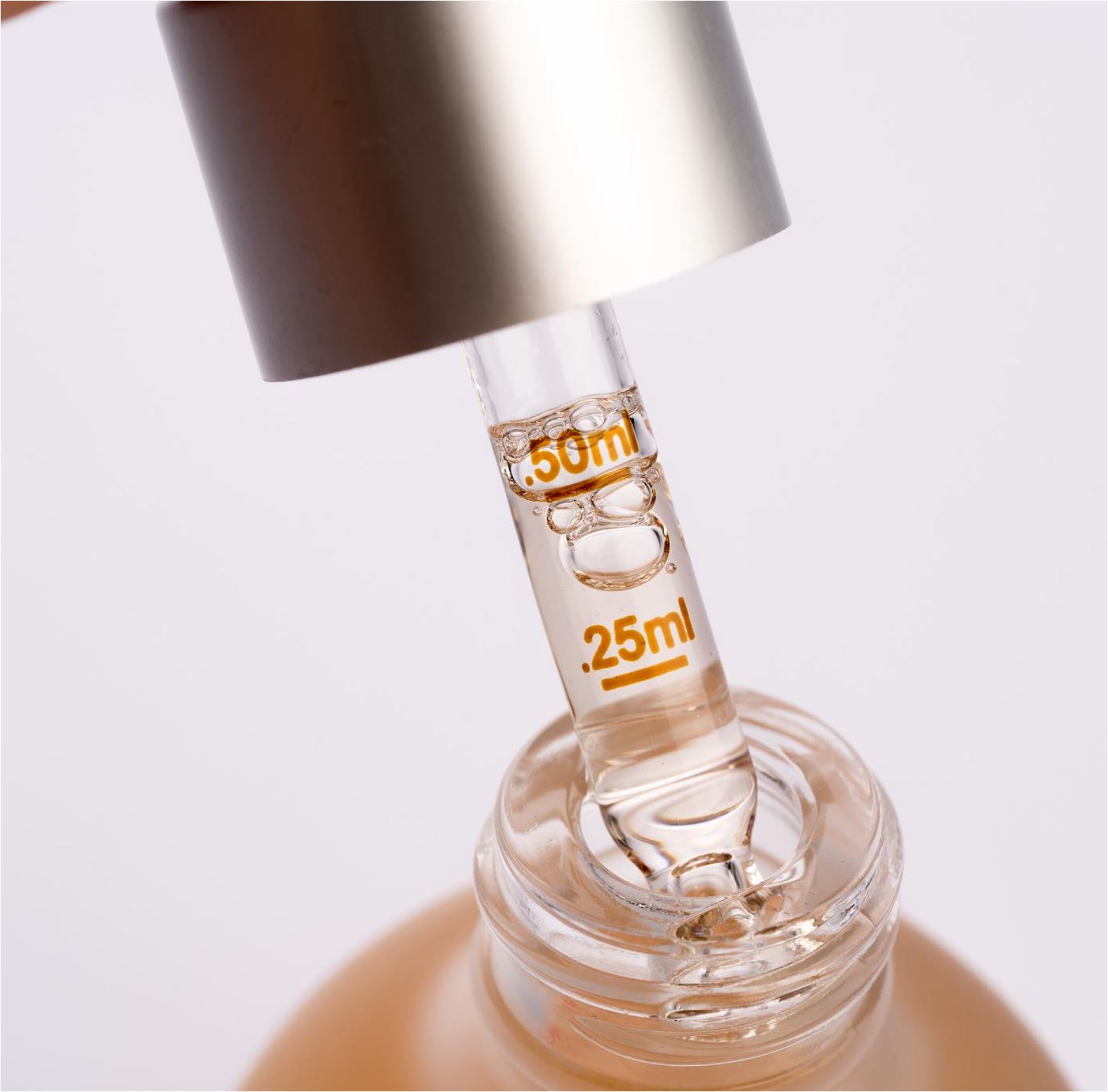Wanna be happy?
Be.
Free Shipping on All Orders Over €50
-
Shop
add remove
- Shop All
- Shop By Benefit
- Rise & Shine
- Gentle Ease
- Dream Easy
- Shop By Product
- Oils
- Gummies
- Capsules
- Cosmetics
- Drops
- Bundles
- About add remove
- Blog
- Learn add remove
- Contact add remove
shopping_cart
CBG vs. CBD: Key Differences, Benefits, and Usage Explained
Shop by Benefit
Find out which category will benefit you:
What People Say
Buyer's First & Last Name
Please Pick An Industry
Business Name
Country
Website
Product Interest
CBD Oil
CBD Capsules
CBD Gummies
CBD Cosmetics
CBD for Furry Friends
How Did You Hear About Us?
Google Search
Magazine
Digital Ad
Instagram
Facebook
LinkedIn
Referral
Trade Show
Other
Additional Notes (Optional)
Type your message here...
Send Application
Shop All
Honesy Values
Contact Us
Want to find the best match? Not sure about something?
Reach us via phone, email & chat (our business hours for live chat & phone are 9 am - 5 pm EEST Monday – Friday).
* Also you can check our FAQ page for immediate answers to commonly asked questions.
Email us
Follow us
Chat Now
We can't wait for you to experience the Honesy hassle-free lifestyle.
CBD Oil
CBD Capsules
CBD Gummies
CBD Cosmetics
CBD Cosmetics Lab Results









